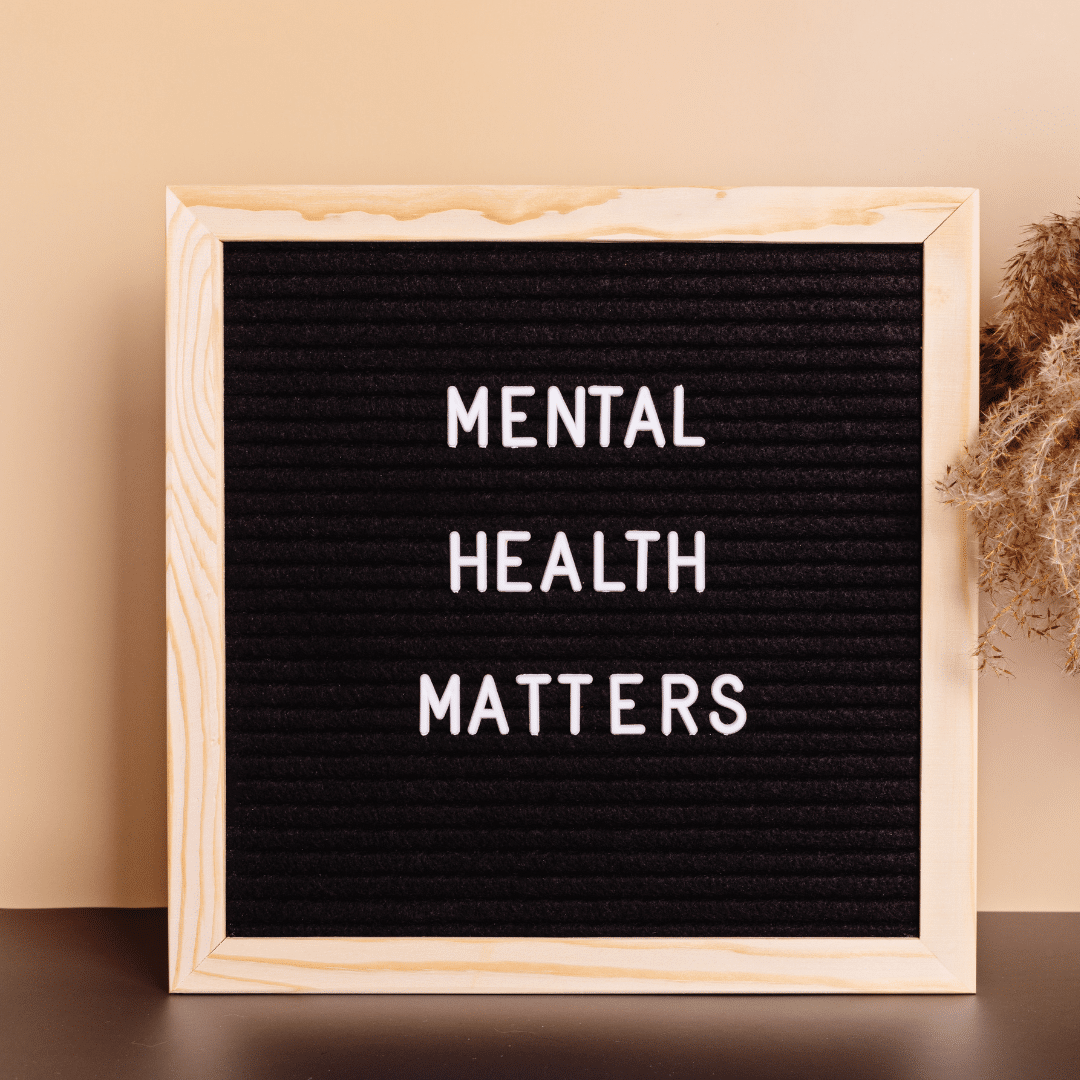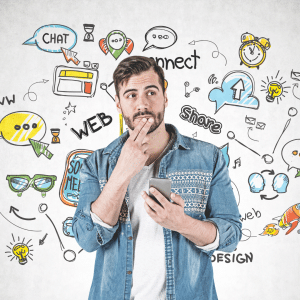The Digital Double-Edged Sword: How the Internet and Social Media Impact Mental Health
Kelly Sheppard Pruitt

Summary:
- The internet provides conveniences but can enable addictive behaviors
- Social media fosters connections but can negatively impact mental health
- Mindful usage and professional support can mitigate potential harms
The internet provides conveniences but can enable addictive behaviors. Social media fosters connections but may negatively affect mental health. Mindful usage and professional support can mitigate potential harms.
It’s clear the internet has become deeply woven into our daily lives. With smartphones in hand, we have instant access to an endless stream of information, communication tools, entertainment, and more. But as much as we’ve come to depend on digital devices, excessive internet use can take a toll on mental wellbeing.

On the one hand, the web offers some mental health benefits. You can easily look up information about disorders, symptoms and treatments from high-quality sources. Online directories make finding local therapists a breeze. Video chat platforms enable remote therapy sessions without leaving home. Online support groups help people realize they aren’t alone in their struggles. And affordable mental health apps provide guided meditations, journaling techniques, and cognitive behavioral therapy lessons.
But the web has its risks, especially when overused. Getting sucked into distressing news cycles can cause disproportionate stress and anxiety. Attempting self-diagnosis based on a collection of online symptoms often increases worry rather than alleviates it. And misinformation floating around online can lead to dangerous misconceptions or risky behaviors. Not to mention the endless content and features that enable procrastination and distraction.
Social media presents a similar double-edged sword. Platforms like Facebook and Instagram can help us feel connected, informed, understood, and part of important movements for change. But they also have covert pitfalls. Algorithms funnel us into echo chambers that reinforce biased mindsets. Cyberbullying and online harassment take a significant emotional toll. The curated snapshots of perfection we scroll through set unrealistic standards that chip away at self-worth. And addictive features like infinite scroll exacerbate feelings of anxiety or depression.
Working from home poses mental health risks too if proper boundaries aren’t established. And let’s not forget the physical side effects of prolonged tech use, like back and neck pain, eyestrain, and disrupted sleep. Passive scrolling often worsens feelings of isolation rather than soothing them. Kids face particular vulnerabilities as well, highlighting the need for parental monitoring and guidance.
So where does this leave us? The internet and social media offer extraordinary tools, but also enable behaviors that can negatively impact mental health. Some recommendations? Establish tech-free times to find work-life balance. Take regular screen breaks. Prioritize in-person interactions. Seek help if digital use becomes unmanageable. And have open discussions on how to develop healthier digital habits.
Recommendations for Healthy Technology Use
- Establish work/life balance with tech-free times
- Take regular breaks from devices to rest eyes and body
- Prioritize in-person interactions and limit passive scrolling
- Seek professional help if digital use becomes unmanageable
- Parents should discuss online safety and set healthy tech habits
With consciousness and care, we can leverage the benefits of technology while protecting mental wellbeing. But it will require establishing boundaries, assessing risks, and making mindful choices.
Edited by: Maddison Henley, PA-C
Other Blog Posts in
Animo Sano Psychiatry is open for patients in North Carolina, Georgia and Tennessee. If you’d like to schedule an appointment, please contact us.
Get Access to Behavioral Health Care
Let’s take your first step towards. Press the button to get started. We’ll be back to you as soon as possible.ecovery, together.




